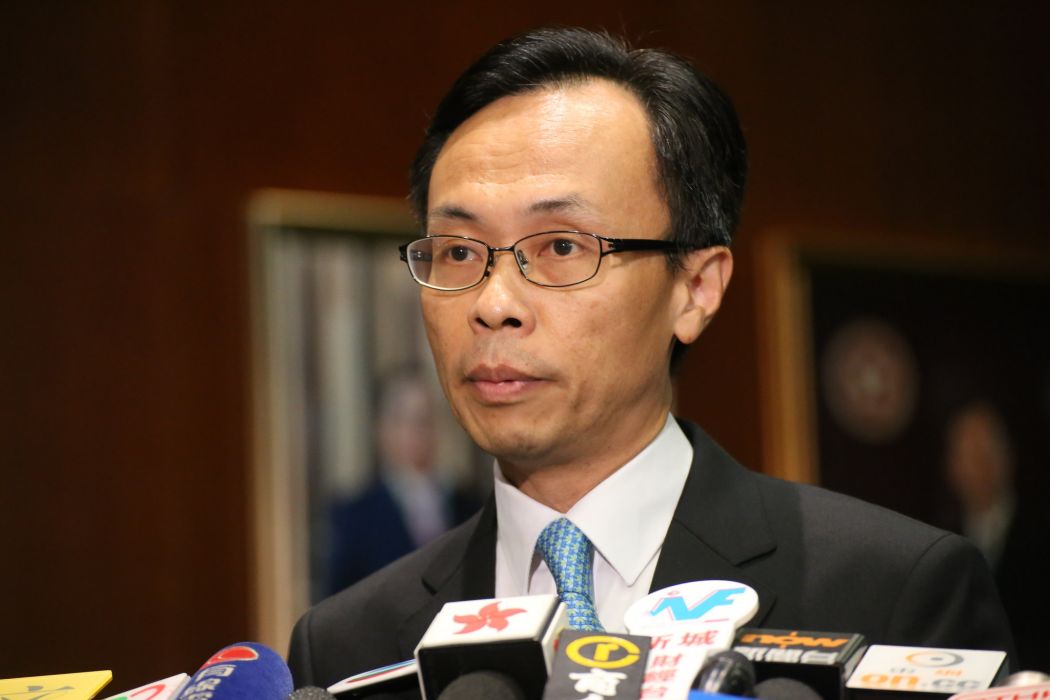The Hong Kong government has proposed allowing some civil servants to vote early in next year’s Legislative Council election, but lawmakers have raised doubts over whether the ballots could be stored securely.
The plan for advance polling is aimed at government employees who wish to vote but are required to perform polling-related duties on election day. The government said the proposal was a pilot scheme that, if successful, would be made rolled out to the general public in the future.

Speaking to lawmakers on Monday, Secretary for Constitutional and Mainland Affairs Patrick Nip said the scheme would not affect the fairness of elections.
“We have listened to comments from all sides… to simplify procedures and improve convenience based on technological advancements. The precondition for any changes is that elections will remain open, free and fair,” Nip said.
Nip said the proposed advance polling would take place seven days before the main polling day – with both days falling on a Sunday. An estimated 30,000 government employees would be eligible to vote early.
However, pro-democracy lawmakers questioned whether the policy was necessary or safe.
“Has the government considered implementing shifts for employees who have voting-related duties? Despite the number of people affected, it should still be possible given the government has over 100,000 employees,” said Civic Party lawmaker Tanya Chan.

Nip replied that the government had difficulty recruiting employees to work on election day, and implementing shifts would mean doubling the number of vacancies.
Lawmakers also pointed to the government losing two laptop computers in 2017, which contained the information of all 3.7 million registered Hong Kong voters.
“In the end, the problem is trust,” said People Power lawmaker Ray Chan. “We still don’t know what happened to the two laptops that were lost in a small-circle election with 1,200 electors. How can you ask the public to trust that [the government] can watch the ballots for seven days?”
Nip said that there was no completely foolproof way to secure ballots, but the Registration and Electoral Office would work with the police to ensure security.
Chan further argued that the proposal may affect fairness: small political parties have fewer resources to handle two election days, and public opinions on candidates could change drastically in the seven-day interval between the polling days.

The pro-democracy camp’s security concerns were also echoed by some members of the pro-establishment camp, including lawmakers Priscilla Leung and Alice Mak.
Nevertheless, they and their colleagues – including New People’s Party lawmaker Regina Ip and FTU’s Michael Luk – came out in support of the proposal overall.
“A lot of civil servants have complained to me that they were unable to vote, for example, if they lived in the Northern District or the outlying islands, but were needed to work in the Western District [on election day],” Ip said.
On Monday, the Panel on Constitutional Affairs also discussed the proposal for electronic vote counting in the 2020 Legislative Council election.
